There is a particular kind of darkness that clings to the soul. Not the honest darkness of night that whispers promises of dawn. This is a murky twilight where shadows take on weight and hope becomes a stranger. In Antlers, Oklahoma, a woman named Cate Gubanov knows this darkness all too well. At 32, she has lived and breathed it, allowed it to seep into her very bones until the taste of clean air and the warmth of unblemished sunlight are but distant memories.
They say every journey into the abyss starts somewhere else, in a different life where choices stand like open doors rather than sealed-off windows. Cate's story isn't unique in its beginnings—hard times breeding harder choices, each step down that shadowed road seeming as inevitable as the pull of gravity. The needle, the pipe, the pill—they all ride shotgun in her life and never relinquish their hold.
Cate's story isn't unique in its beginnings—hard times breeding harder choices, each step down that shadowed road seeming as inevitable as the pull of gravity.
But then Cate's path takes a turn that some might call miraculous, others perhaps a stubborn defiance of fate. Eight years prior, she accomplishes what many lost in the darkness swear cannot be done: she claws her way out. It isn't an abrupt escape—there is no grand epiphany, no sudden flood of celestial light. Instead, it is a slow, arduous crawl. Every nerve in her body screams betrayal. Every thought is consumed by an insatiable craving. Yet she presses on, stacking one minute on top of another until they form hours, days, weeks.
Emerging from the pit is one thing; knowing what to do once you're free is another. You can't linger on the edge with your legs dangling back into the void. Cate understands this with a clarity forged in suffering. She has seen too many tumble back, their brief sobriety swallowed by the familiar embrace of darkness. So she resolves to build something—a beacon for others lost in the twilight.
She starts small, as most important endeavors do. A program for women fresh out of jail, their eyes still glazed with the emptiness of confinement, their minds haunted by persistent demons. She names it Matthew 18 Ministries, drawing from a chapter rich with lessons of grace and forgiveness. She asks for one year of their lives—a year to relearn how to exist in the world of light.
The work is far from pretty. Most days, it feels like trying to grasp smoke with bare hands. The women who come to her bear more than just the scars of addiction; they carry histories etched in both visible and invisible wounds. Nights find Cate alone in her modest office, poring over case files that read like chronicles of despair, each page unearthing new layers of pain.
The work is far from pretty. Most days, it feels like trying to grasp smoke with bare hands.
She knows she will lose more battles than she'll win—that's the harsh reality. For every woman who completes the program, many will slip back into the shadows, drawn by the relentless pull of the very darkness they seek to escape. But those victories, when they come, shine like rare gems under a weary sun. A woman standing tall at her child's school play; another celebrating two years of sobriety, tears carving paths down her cheeks as she holds her token of triumph. These are the moments Cate treasures, the precious reminders she holds close on the hardest days.
Sometimes, they say, God speaks in whispers. For Cate, His voice cuts through the cacophony of her heart and the hollowed spaces of her soul left vacant by years of substance abuse. It isn't the gentle voice from childhood Sunday schools with their neatly lined chairs and paper crosses. This is the commanding voice that spoke to prophets—a voice that shatters and rebuilds.
She hadn’t been searching for God; in the depths of addiction, one ceases to search for anything beyond the next fix. But He finds her nonetheless, as He often finds those who have nowhere left to run. The miracle isn't just that she hears Him. It's that from some unscathed place within her, a quiet "yes" emerges. This surprises her more than the divine call itself.
Today, she walks the stark corridors of the county jail. Her footfall echoing against cold concrete floors worn smooth by countless weary shuffles. The women here exist in a state of limbo. Some will make bail and return to the lives that brought them here. Others await judgment; many are merely counting the days until they are transported to the grayer walls of prison.
Cate hasn't planned this path; she holds no degrees from esteemed seminaries. Her credentials are inked in faded track marks, her theology learned in the relentless night school of the streets. But there is power in that authenticity—in meeting an addict's gaze and seeing not just who they are, but who they were, and who they could become.
Her credentials were written in track marks, her theology
learned in the hardest kind of night school imaginable.
In the bare-bones meeting room of the jail, Cate listens as women unravel stories that could be mirror images of her own. The specifics vary—meth instead of heroin, a lover's influence instead of a misguided night—but the essence remains the same. Tales of an all-consuming hunger, of voids so vast they threaten to engulf everything.
Listening becomes her first ministry, perhaps her most vital one. She listens wholly, the way one listens to the wind before a storm. The way God might have listened, she says, when she herself was lost. She speaks without pretense or sugar-coated truths. She speaks in the raw, brutally honest language of someone who has walked through hell and somehow found the path back.
From these humble visits, her vision begins to take shape—a structured program where women can transition after jail, rather than being cast back into the streets and the arms of old temptations. A holistic approach that nurtures the soul while equipping them with the skills to rebuild shattered lives.
Construction has begun on housing that will shelter up to four women—a safe haven where they can begin anew. The dream stretches further: a village of such homes, a community where healing becomes a shared journey.
Cate is quick to acknowledge that she doesn't walk this path alone. Behind her stands a congregation, the Roundup Cowboy Church. It seems more like a rugged bunkhouse than a house of worship. You can tie your horse outside—and they do. Step into the sanctuary, and the pastor greets you with a warm "howdy" and a tip of his hat.
Pastor Jonathon Hooker, a man as steadfast as the oaks that dot the Oklahoma landscape, stands beside her. Straight from Central Casting, he is Cowboy through and through; from the brim of his hat to the worn leather of his boots, he offers not just spiritual guidance but the unwavering support of the church community.
Together, they've rallied a cadre of volunteers—men and women willing to lend their hands and hearts. These are folks who know the value of hard work and harder-earned wisdom. They'll teach practical skills, from balancing a checkbook to changing a tire, all while tending to the deeper wounds that need healing.
There's nothing grandiose about this network—no celebrity benefactors or glittering fundraisers. Just a group of steadfast souls who understand the steep price of redemption, many having paid it themselves in one form or another. They're ready to give what they can—time, expertise, compassion—to help women who have stared into the abyss and lived to tell the tale.
Cate carries the torch, mapping out plans and shouldering the daily grind. Yet she readily admits she couldn't do it without this community of saints and sinners alike. When it comes to pulling souls from the depths, it takes more than one set of hands—it takes a village willing to soil its hands in the messy work of grace.
Matthew 18 Ministries is not tidy. It is a rough gospel hammered together with sweat and second chances. But in a town that bills itself the Deer Capital of the World, a woman named Cate Gubanov is proving that some trophies do not hang on walls—they walk out the front door, upright, undefeated, and carrying the light forward for the next soul still wandering in the dark.
Her story may not be singular, but perhaps that's where its true power lies. It resonates with the struggles and triumphs of many, a collective testament to the enduring human capacity for change. Cate reminds us that miracles aren't always thunderous acts from the heavens. Sometimes, they emerge in the quiet, steadfast determination of a person who simply refuses to let the darkness prevail.

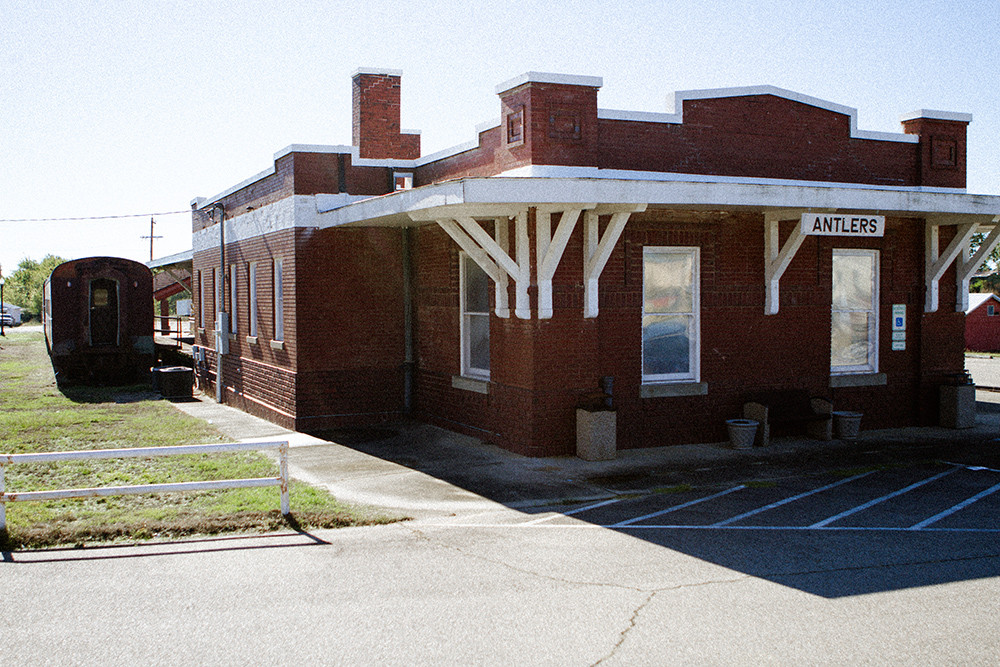
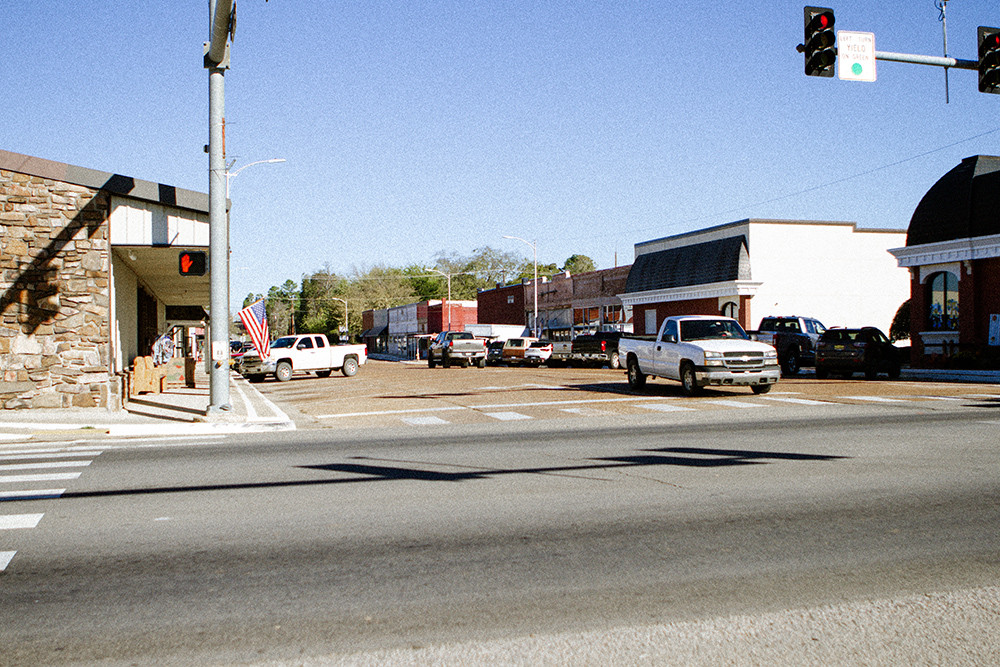
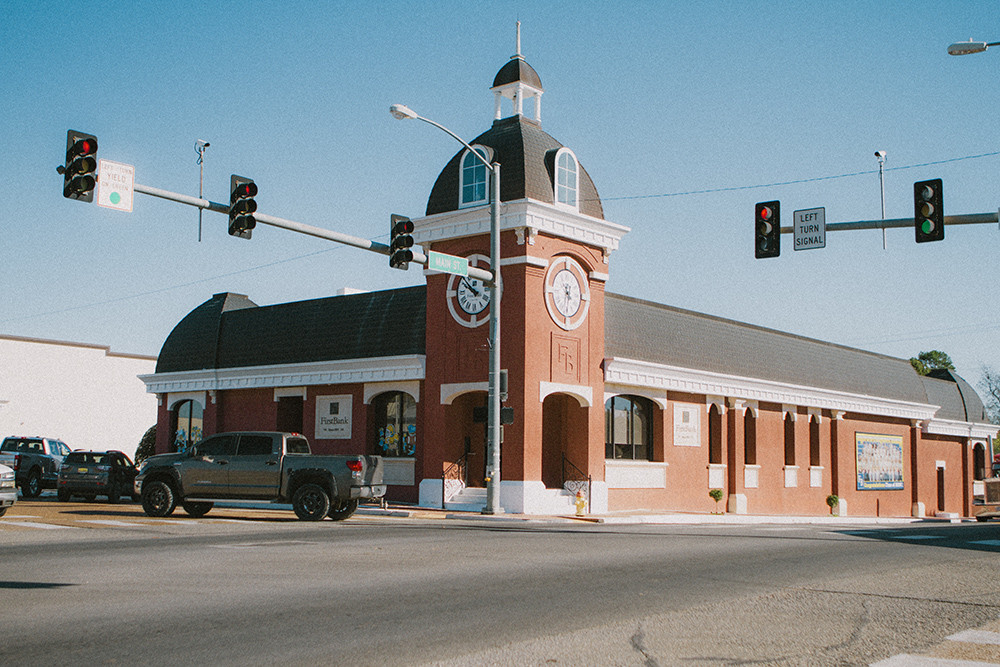

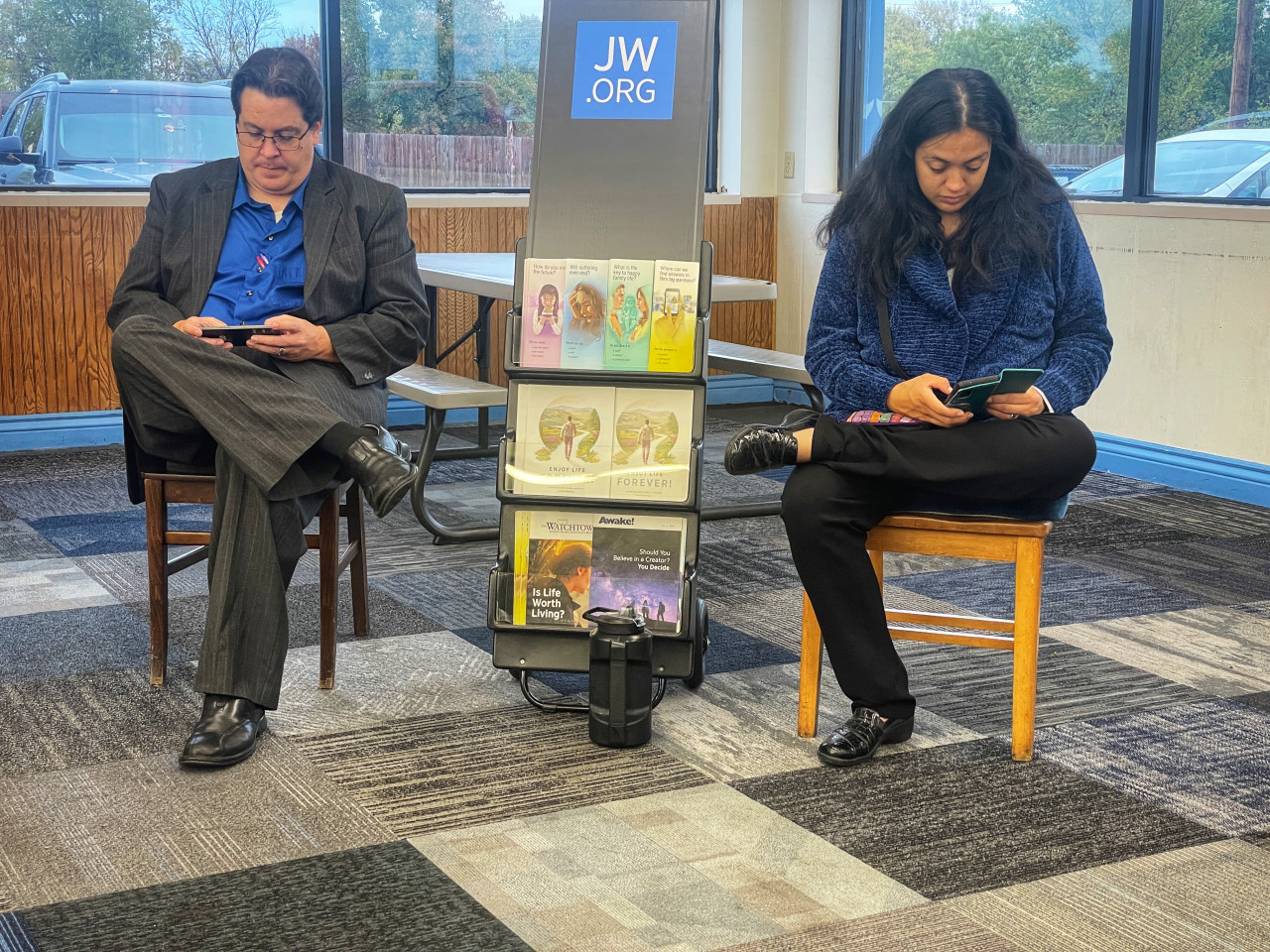
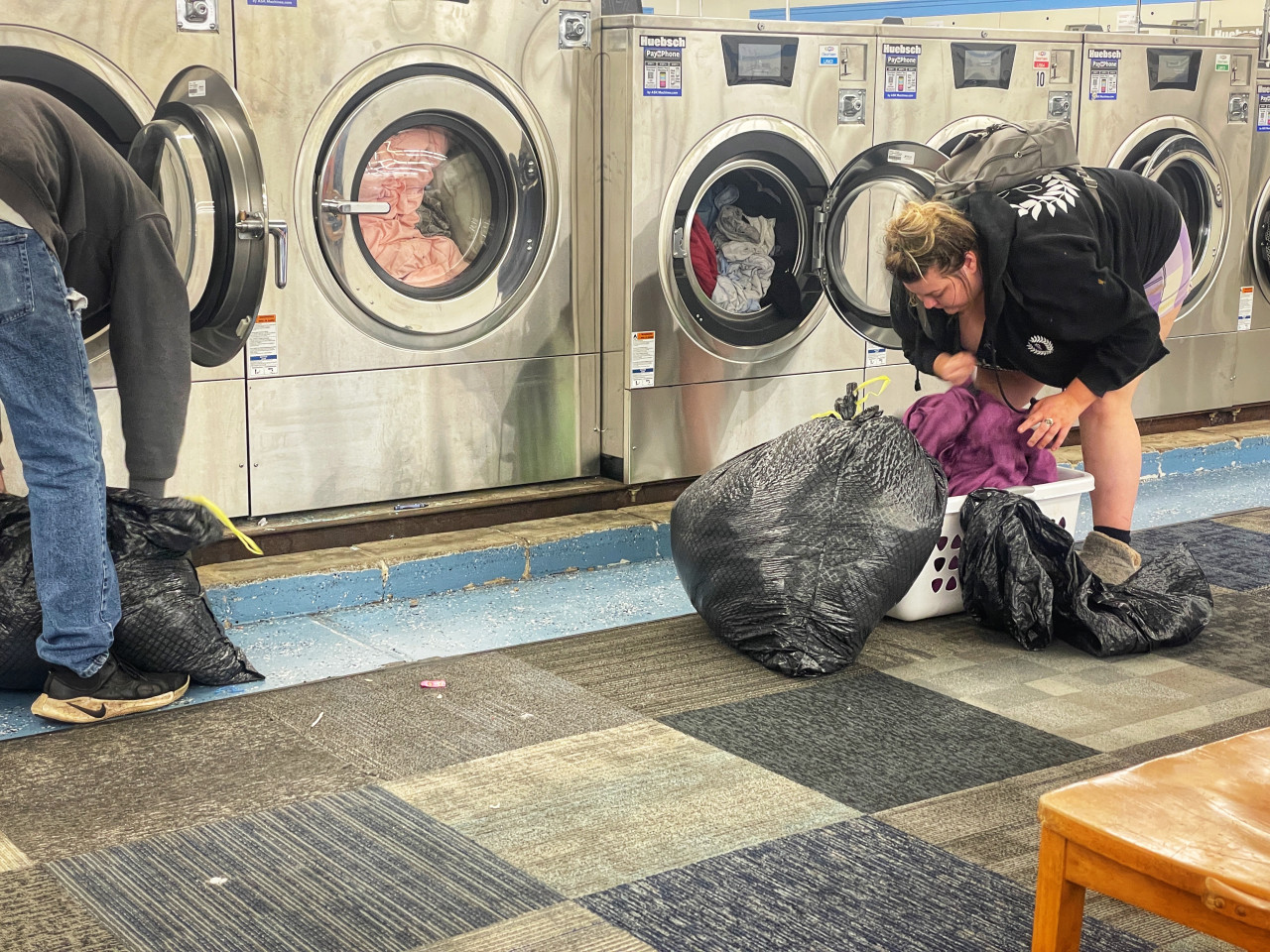

Again, a great story again... thanks for taking us along for the ride.
In tears my friend. I appreciate your gift with storytelling so much.
Wow. Thank you for all you do Cate, and thank you Brock and the Hope & Generosity Tour for bringing this to us. So very powerful.
What a story. The people you are finding have incredible stories and I know how appreciative they are of your generosity.
Fabulous visuals and insight.